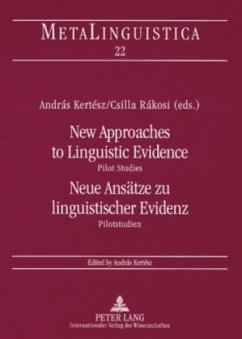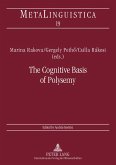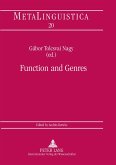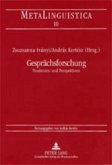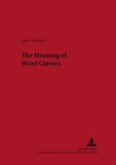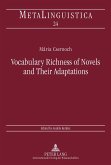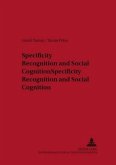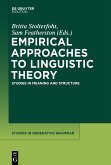The evaluation of linguistic theories depends heavily on what kind of data can be regarded as evidence either for or against their hypotheses. The question of what data types linguistic theories use, and which of these types are acknowledged as evidence, is accordingly one of the most fundamental and most widely discussed problems of contemporary linguistics. The aim of this volume is to shed fresh light on this problem by presenting the first findings of a research project. Part I consists of state-of-the-art studies critically analysing current views on the topic. Part II includes case studies which highlight how the conclusions of the state-of-the-art studies may motivate novel and sophisticated accounts of the particular linguistic issues investigated.
Die Bewertung linguistischer Theorien hängt in einem bedeutenden Maße davon ab, welche Datentypen als Evidenz für oder gegen ihre Hypothesen herangezogen werden. Die Frage, welche Datentypen linguistische Theorien verwendenund welche von diesen als Evidenz gelten, ist dementsprechend eines der schwerwiegendsten und meistdiskutierten Grundlagenprobleme der gegenwärtigen Linguistik. Dieser Band setzt sich zum Ziel, durch die Darstellung der ersten Resultate eines Forschungsprojekts neues Licht auf dieses Problem zu werfen. Teil I besteht aus Forschungsüberblicken, die sich mit jüngsten Ansichten kritisch auseinandersetzen. Teil II enthält Fallstudien, die illustrieren sollen, auf welche Weise die Ergebnisse der Forschungsüberblicke neuartige und ausgefeilte Analysen der jeweiligen linguistischen Erscheinungen motivieren.
Die Bewertung linguistischer Theorien hängt in einem bedeutenden Maße davon ab, welche Datentypen als Evidenz für oder gegen ihre Hypothesen herangezogen werden. Die Frage, welche Datentypen linguistische Theorien verwendenund welche von diesen als Evidenz gelten, ist dementsprechend eines der schwerwiegendsten und meistdiskutierten Grundlagenprobleme der gegenwärtigen Linguistik. Dieser Band setzt sich zum Ziel, durch die Darstellung der ersten Resultate eines Forschungsprojekts neues Licht auf dieses Problem zu werfen. Teil I besteht aus Forschungsüberblicken, die sich mit jüngsten Ansichten kritisch auseinandersetzen. Teil II enthält Fallstudien, die illustrieren sollen, auf welche Weise die Ergebnisse der Forschungsüberblicke neuartige und ausgefeilte Analysen der jeweiligen linguistischen Erscheinungen motivieren.

